No parole for prisoners
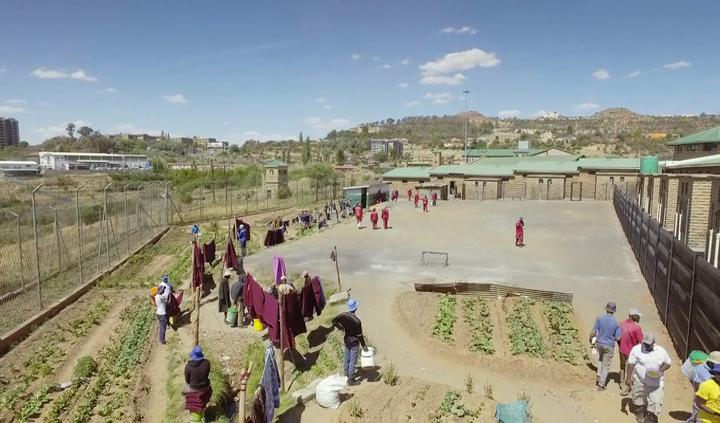
SHARE THIS PAGE!
Government has failed to release prison inmates on parole in the past six years due to the absence of a board mandated to make recommendations.
As a result, this has crippled the Lesotho Correctional Service’s (LCS) efforts to effectively rehabilitate inmates and led to overcrowding at institutions across the country.
Investigations by theReporter have revealed that the government has not had a functional parole board since 2017 when the term of the last board expired.
Sources have accused government of lack of commitment and failure to allocate funds for the board’s operations.
They said although members of the board get salaries from the government as civil servants, failure to pay them sitting allowances could also have affected the work of previous boards.
The board comprises five members; chairperson, magistrate, social worker, a medical practitioner and an officer from the LCS.
The Parole Board was established through the Lesotho Correctional Service Act of 2016, on July 1 of the same year.
Section 45 of the Act states that the board shall administer parole issues relating to inmates.
The LCS last week confirmed that there is currently no parole board in place to make recommendations.
The organisation indicated that the last time inmates were pardoned in Lesotho was in 2019 during the COVID-19 pandemic as part of measures to encourage social distancing and curb the spread of the deadly disease which left millions of people dead across the globe.
Although it is not clear why there is currently no board in place, source blamed lack of political will on the part of government.
“The problem is that the government seems not to not willing to budget for the board, leading to prisons facing serious overcrowding and stalled rehabilitation efforts,” a source noted.
LCS spokesperson, Assistant Commissioner Pheko Ntobane confirmed last week that the term of the previous parole board expired in 2017 and a new one has not yet been established. However, he did not state the reasons behind this.
He also confirmed the last release in 2019 at the height of the COVID-19 pandemic.
According to Ass Commissioner Ntobane, an inmate becomes eligible for parole after serving at least half of their imprisonment sentence.
In addition, such inmate should have met other conditions such as demonstrating a commitment to rehabilitation and good behaviour during their imprisonment, he noted.
Upon release on parole, inmates are expected to report back periodically to correctional institutions until the parole board is confident that they have fully reintegrated into society.
Ass Commissioner Ntobane explained that the two main reasons of granting parole are to reduce overcrowding in correctional institutions and ensuring that rehabilitated inmates are not kept behind bars unnecessarily. Lesotho has an estimated 2,600 inmates.
The Ombudsman, Advocate Tlotliso Polaki, has expressed concern about overcrowding at the correctional facilities across the country.
In her recent report titled: Hospitals, Human Rights Inspection Report released in 2023, 50 percent of correctional facilities in Lesotho were found to be overcrowded, with some cells housing more than double the number of inmates they were designed for.
The report also highlights the dire conditions of correctional facilities and hospitals, with overcrowding being a major contributor to rights violations such as inadequate healthcare, poor sanitation and unsafe living conditions, as well as shortage of blankets, among others.
The conditions, combined with lack of access to healthcare education and adequate nutrition, creates an environment of poor physical and mental health.
They also create increased risk of violence and disease among prisoners, the Ombudsman’s report says.
In an interview with theReporter last week, the Executive Director of the Crime Prevention, Rehabilitation and Reintegration of Ex-Offenders Association (CRROA), Nkalimeng Mothobi, decried the absence of a parole board.
Mothobi pointed out that without a functioning parole board and pardon committee, rehabilitation efforts in the correctional facilities are severely hindered.
“The correctional system is design to rehabilitate inmates and the prospect of parole is a key incentive for inmates to demonstrate good behaviour. Without a functioning parole board, inmates lose this vital source of motivation, which undermines the very positive of our correctional institutions,” Mothobi stated.
He also highlighted the broader challenges created by the lack of such a board.
“The absence of this vital legal mechanism creates a significant challenge for both inmates and rehabilitation officers alike. For inmates, it means they lose a vital source of motivation. Keeping inmates who have proven to be fully rehabilitated does no good to them, and for officers, it creates an additional burden in their already challenging work to support rehabilitation.
“This gap in our correctional facilities not only impacts individual inmates but also prevents us from effectively achieving our collective goals for rehabilitation and reintegration,” he added.
In view of the pressing need for a functioning parole board, Minister of Justice and Law, Richard Ramoeletsi, indicated that the government was currently reviewing legislation regulating the board, to include sitting allowances for members, amongst other issues.
Ramoeletsi told theReporter in a telephonic interview last week that the review is expected to streamline the parole process and ensure that it aligns with the best practices.
He acknowledged that there is no board currently in place but “we have a pardon committee dealing with issues of parole while efforts are being made to set up a new board.
“In the absence of the board, we have established a pardon committee that works interchangeably with the parole board,” he added.
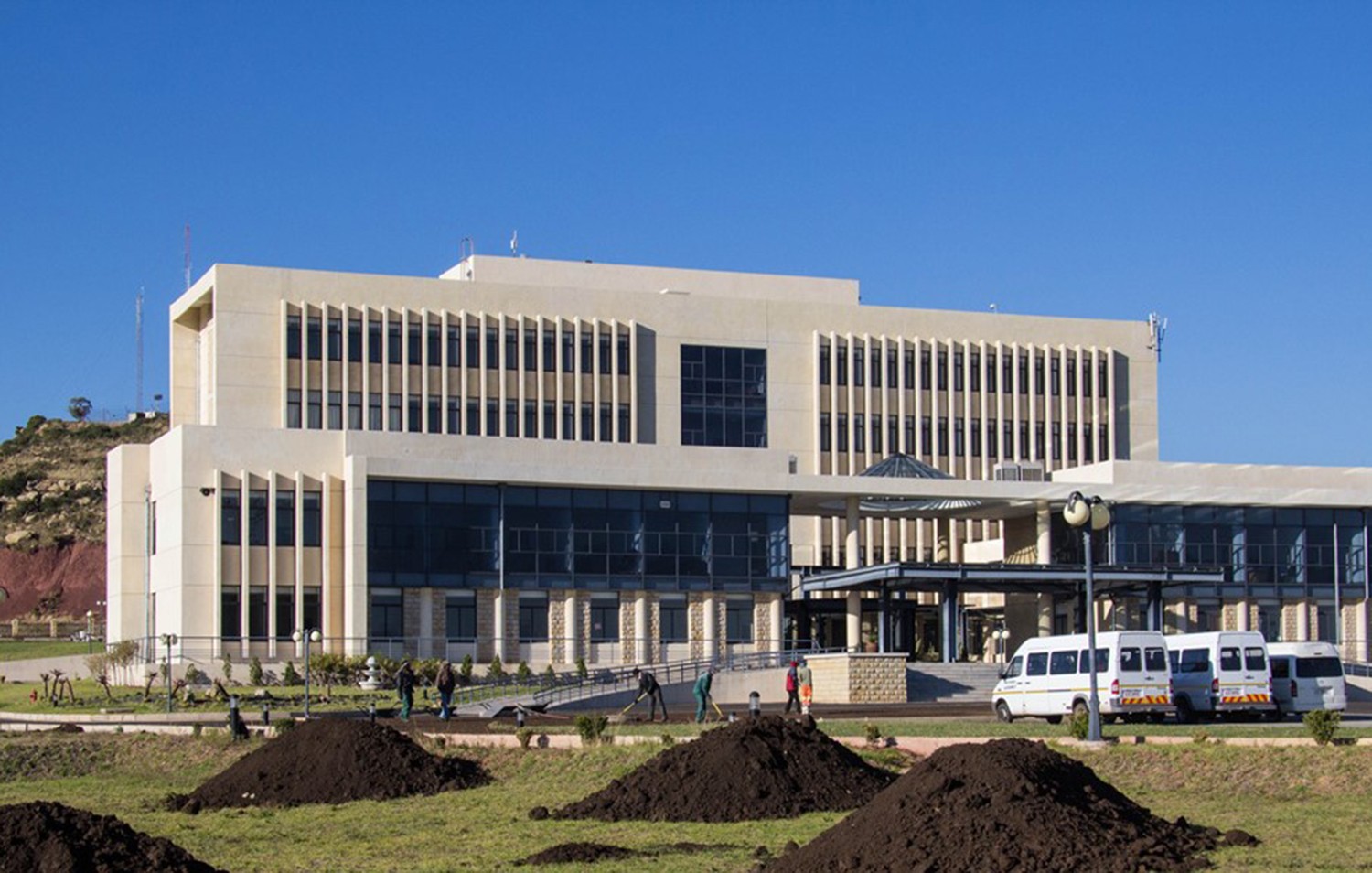
Law Society Bill in Parliament
16 hours ago
Metropolitan unveils new innovations
18 hours ago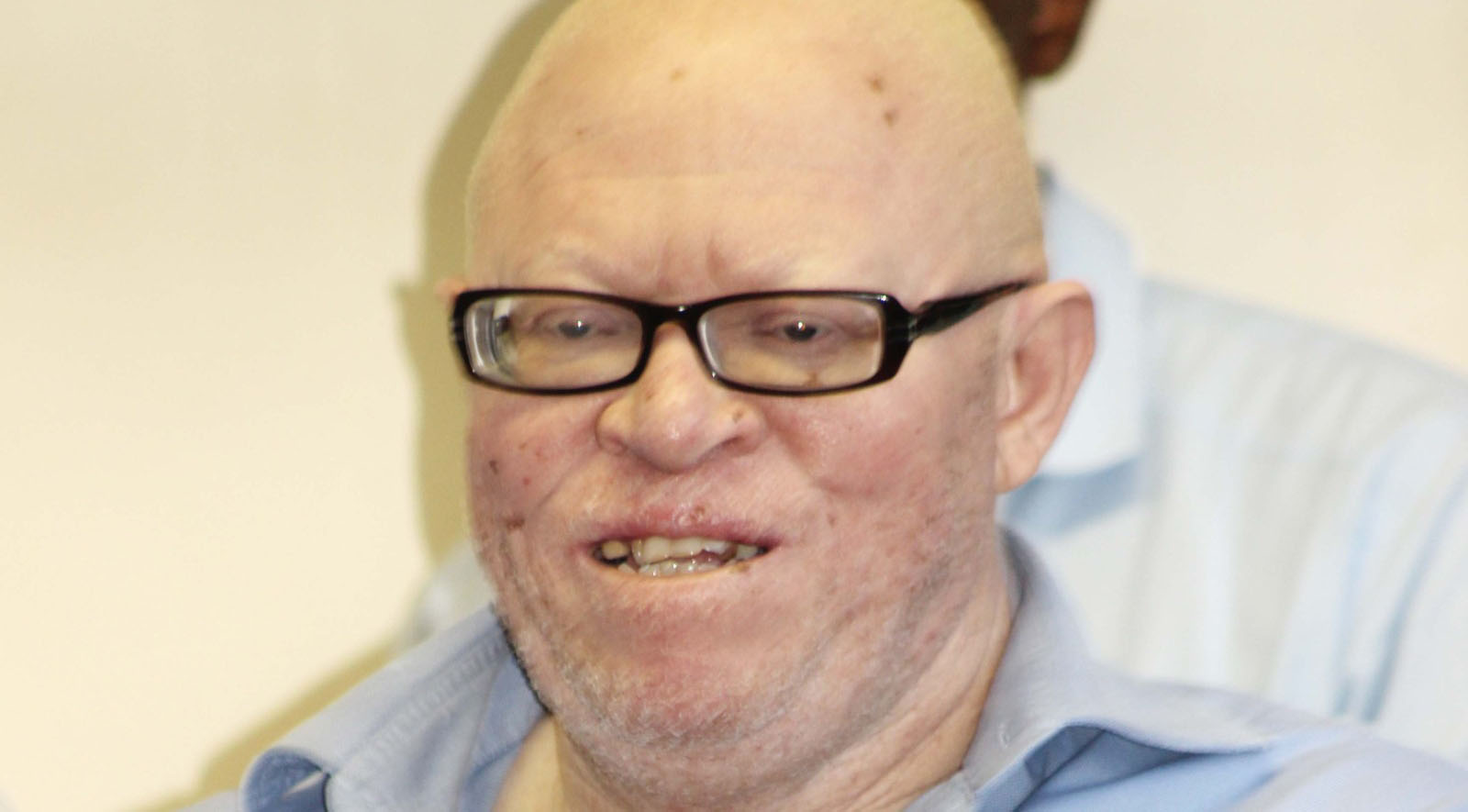
Judiciary in crisis: top judge
2 days ago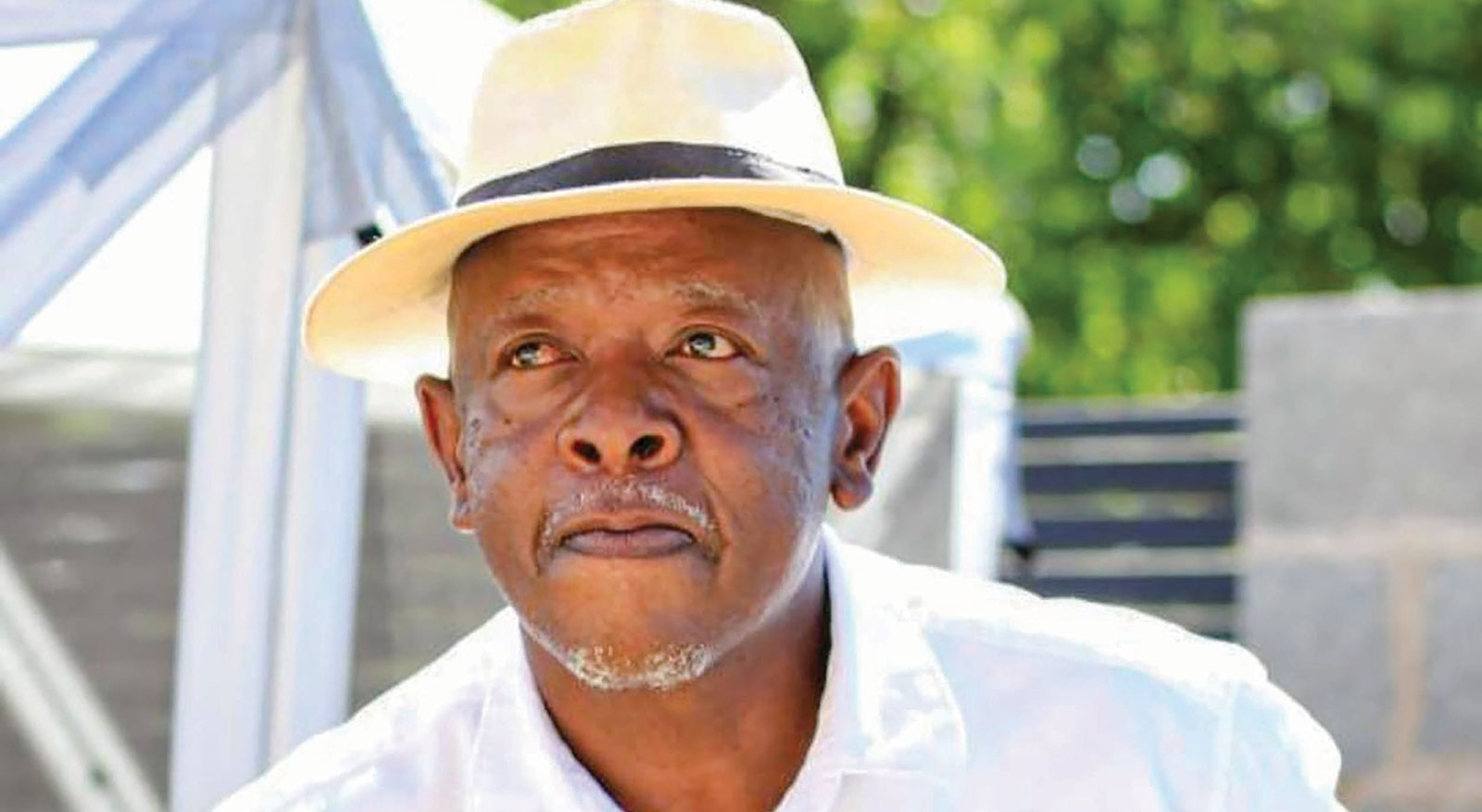
Payment blunder hits DMA workers
2 days ago
Global uncertainty to impact Lesotho economy
2 days ago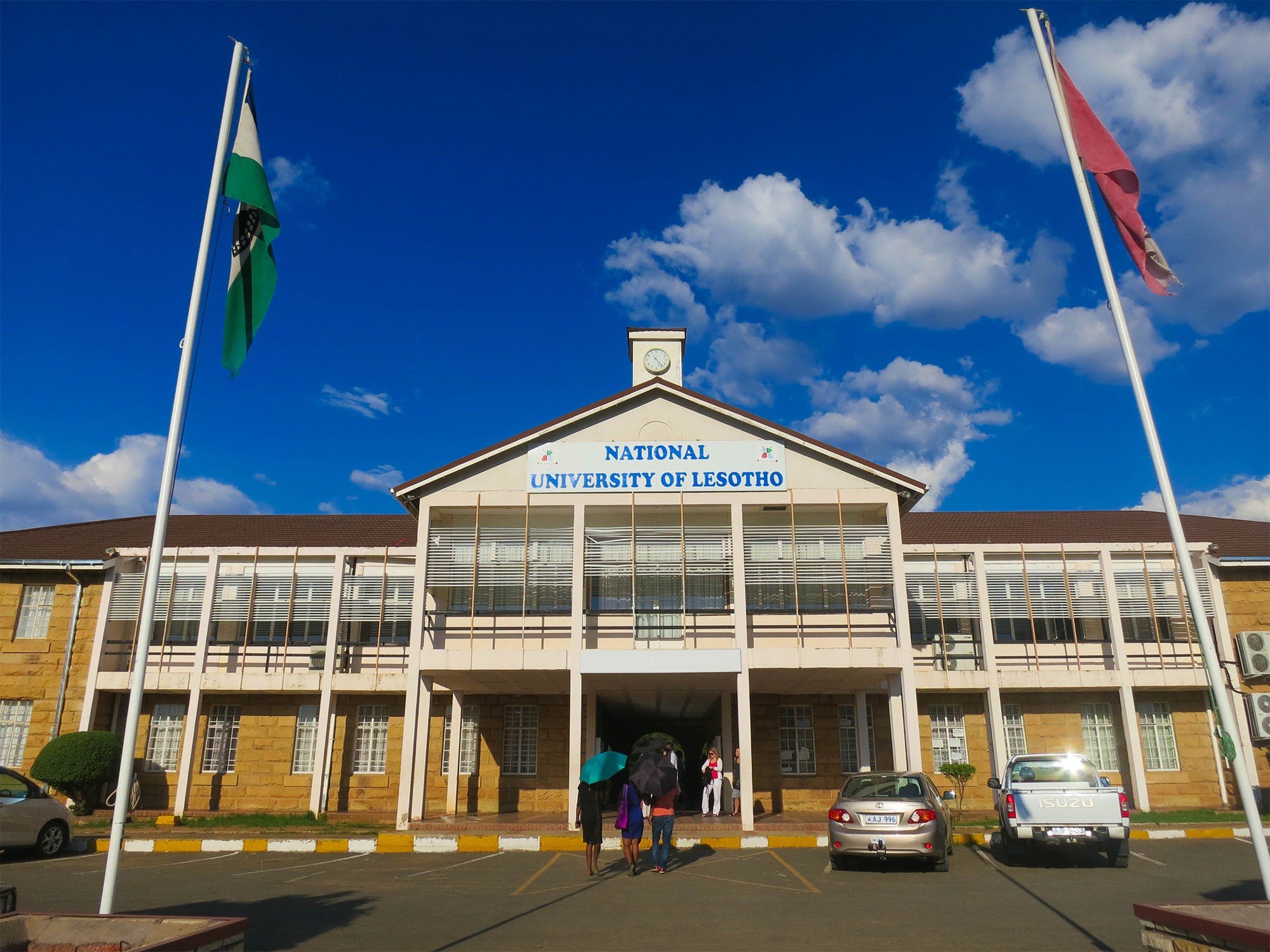
NUL to celebrate 80th anniversary
2 days ago
RSL destroys illicit tobacco products
2 days ago
Part 2 of cannabis expo around the corner
3 days ago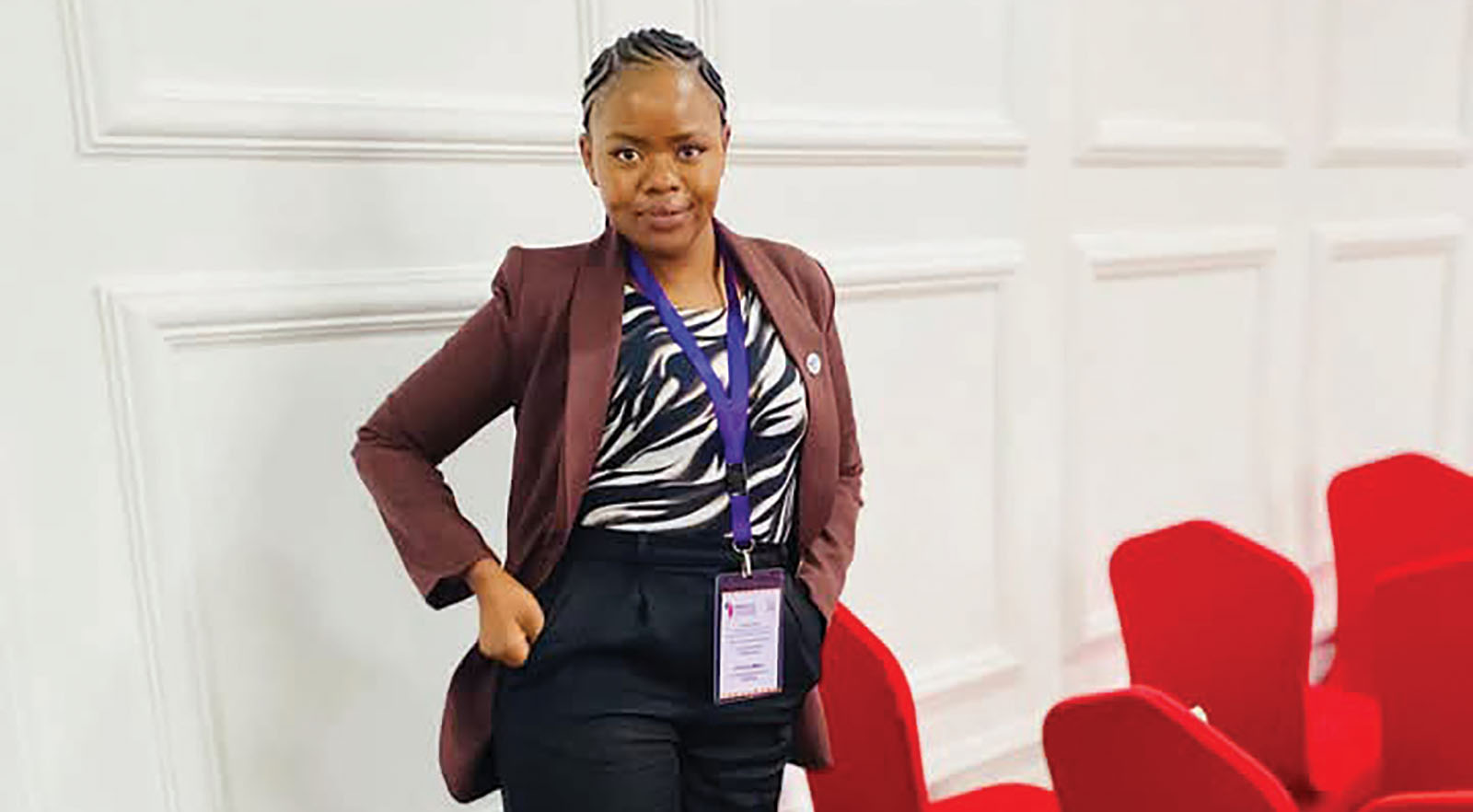
Abortion reform sparks healthcare debate
3 days ago
Govt reacts to US tariff increase
5 days ago